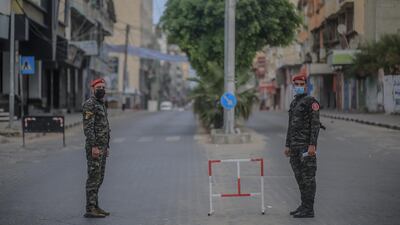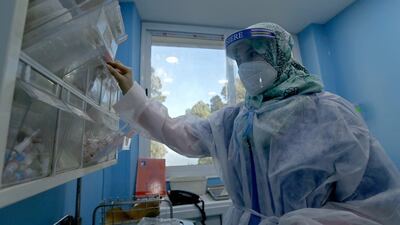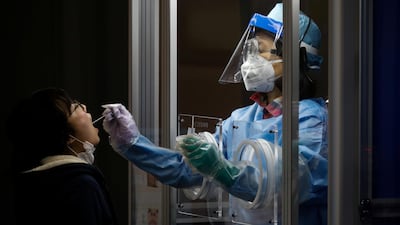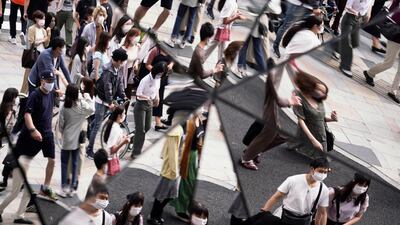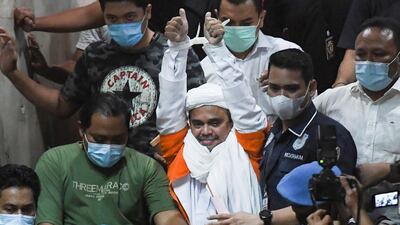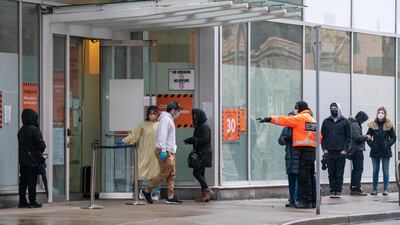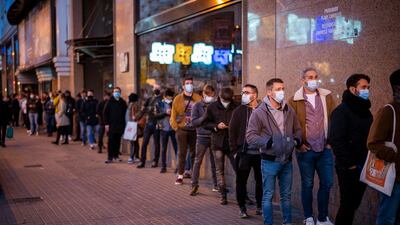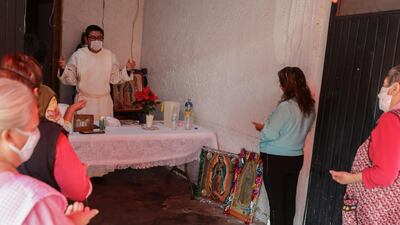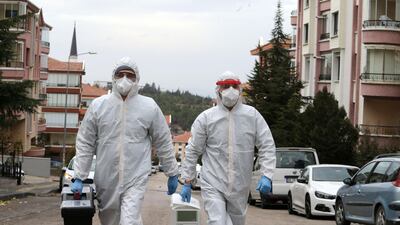A surge in Covid-19 infections and fatalities led Germany’s government to impose a hard lockdown over Christmas.
Despite its excellent hospitals and contact-tracing system, the country is experiencing a second wave of infections four times greater than at its height in May and a doubling of its death rate to almost 500 a day.
Nearly all schools and non-essential shops will close across the country from Wednesday.
Drinking alcohol in public will be banned, including at the country’s popular outdoor mulled wine stalls. Companies are being told to let staff work from home.
Chancellor Angela Merkel blamed excessive shopping for a considerable rise in social contacts.
“I would have wished for lighter measures," Mrs Merkel said in Berlin.
"But due to Christmas shopping, the number of social contacts has risen considerably. There is an urgent need to take action.”
On Friday, Germany recorded 28,000 infections and three days earlier reported its highest daily death toll of 622.
More than 22,000 people have been killed by the virus in Europe’s biggest economy.
Since November, bars and leisure centres have been closed with some of Germany’s 16 federated states already imposing their own shutdowns.
Only banks and shops selling food will stay open, as will places selling Christmas trees.
Hair salons are among the many businesses that will close in the lockdown, which will last until January 10.
There was further gloom for those hoping to celebrate New Year because the sale of fireworks will be banned. Care homes will have to carry out coronavirus tests.
Olaf Scholz, the Finance Minister, said businesses affected by the severe lockdown would receive up to €500,000 ($605,000) in government aid a month to try to soften the economic blow.
Bavaria’s state Premier, Markus Soeder, has for weeks been pushing for tougher restrictions.
“The numbers are worse than ever, we mustn't allow ourselves to get bogged down by individual measures,” Mr Soeder said.
Germany was one of the first countries in Europe to begin reopening its economy gradually after the first wave, earning widespread praise for its handling of the pandemic.
But Lothar Wieler, the country's disease control agency chief, said last week that infections were surging.
“The rise in numbers is worrying," Mr Wieler said. "The course of infections could tip over again.”


